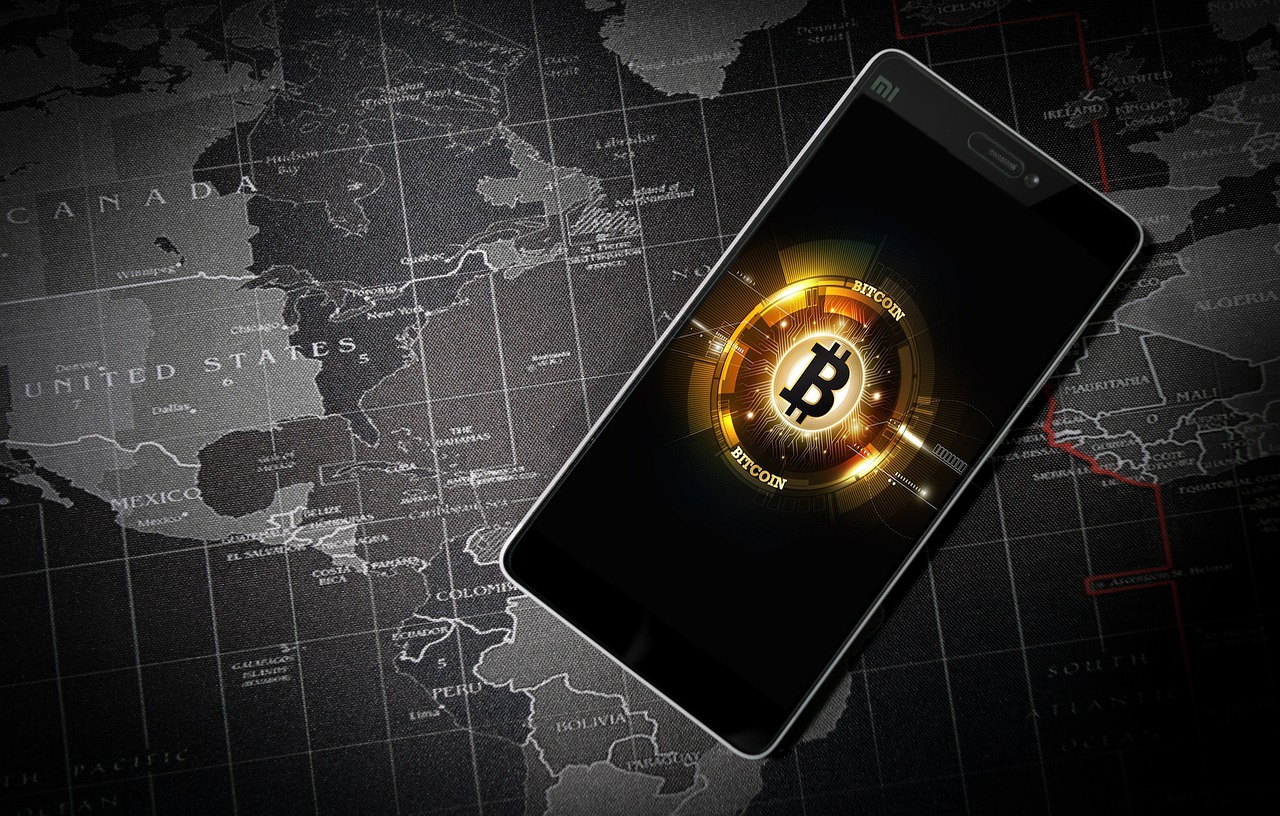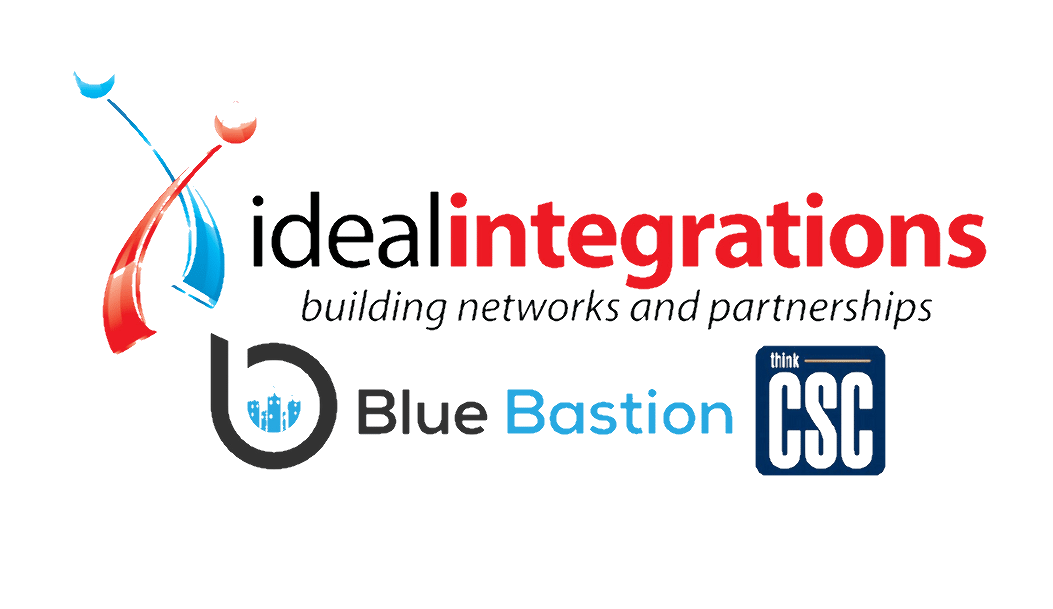
The decision to pay a ransom to cyber criminals is never one that is taken lightly. It is often considered a controversial decision because it rewards criminals and encourages further attacks. Last month, Colonial Pipeline paid hackers $4.4 million in bitcoin as ransom to decrypt their network. Just three weeks after the attack on Colonial Pipeline, the meat industry was disrupted when JBS, the largest global meat supplier, became the victim of a cyberattack. And it’s not just the companies that pay the price for these attacks. Consumers ultimately pay the price, too.
The FBI actively discourages the paying of ransoms, but sometimes it is unavoidable. In the case of Colonial Pipeline, CEO Joseph Blount believed his decision was in the best interest of the country. Blount explained in an interview with The Wall Street Journal that he felt he had no choice but to pay in order to restore service after the cyberattack threatened the East Coast fuel supply. Colonial Pipeline provides nearly half of the East Coast’s fuel.
Paying the Ransom Doesn’t Always Pay Off – Unless You’re a Hacker
No detailed information is being shared about the extent of the Colonial Pipeline attack. However, it’s important to note that in some instances of ransomware attacks, the cybercriminal will also attack backup systems. This can make it difficult for an organization to avoid paying the ransom. Sometimes, the targeted organization will pay the ransom only to discover that the cyber criminals are still unwilling to release the data. It takes a combination of solutions to avoid being victimized in this way.
Costs of Ransomware Attacks Go Beyond Just Ransom
Not only does a company incur the cost of paying the ransom, should they be forced to do so, but there are other costs associated with an attack that continue to impact a company in the long-term, not the least of which is a loss in customer loyalty. Colonial Pipeline was unable to bill customers, and they lost revenue as a result. Some of their business systems will take time to restore, costing them even more. And for this company, that once operated with near anonymity, Colonial Pipeline is now very much a part of the ongoing conversation about best practices and ransomware attacks.
To Avoid Paying Ransom, Invest in Stronger Cybersecurity
Utilities, government agencies, and schools are becoming frequent targets for cyber criminals and can often be hardest hit by these kinds of ransomware attacks. In many cases, they are also woefully underprepared for such attacks. This can be due to a limited budget for protecting themselves against ransomware attacks or a lack of priority in terms of investing in the right security.
Best Practice to Prevent Ransomware Attacks
The best way to avoid becoming the victim of a ransomware attack is to prioritize your investment in cybersecurity. This requires:
- Layers of security, detection, and monitoring systems
- Off-site backup that is completely separate and isolated from your network and onsite backup
- In-depth, ongoing employee awareness training
- Regular and immediate patching
- Email filtering
- Granting the least privileges required for the job function
Offsite Replication is the Only Option for Recovery in the Event of Catastrophic Loss
Investing in backup and data recovery is not always a top priority for many businesses. It’s difficult to measure the ROI of your investment until you go without it. Businesses can avoid the business-halting cost of a data breach, as well as the resulting fines, reputational damage, and loss of business. Public cloud storage like thinkCSC’s ensures scalability and immediate access to your data. However, it can also enhance your overall business continuity planning.
According to Cybercrime Magazine, experts believe there will be a ransomware attack every 11 seconds in 2021, an increase from every 40 seconds in 2016 and every 14 seconds in 2019. The threat level is moving in the wrong direction, and the only way to stop it is to put measures in place that will help prevent the perceived need to pay ransoms and discourage cybercriminals.
thinkCSC’s data backup and recovery solutions place your data in our cloud. We keep you working until repairs are made or until it’s okay to return to the office. When you store your data in our cloud, it can reduce downtime, provide provisions during emergencies and outages, and prevent the loss of your data. Get in touch to learn more about how we can help you protect your data from risk.

